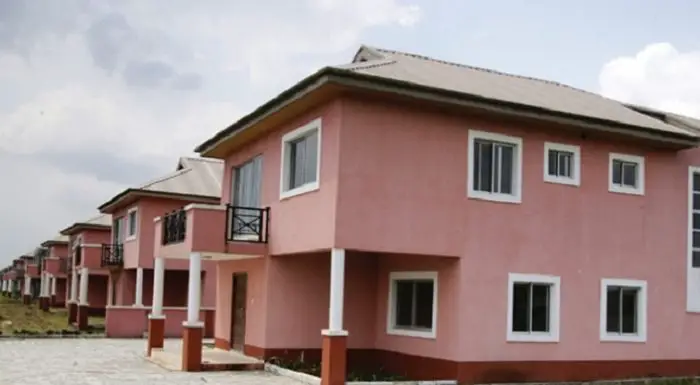Professional bodies in Nigeria’s real estate sector have been challenged to work with the National Bureau of Statistics (NBS) towards building a data bank in order to encourage Foreign Direct Investment (FDI).
Accordingly, this will help to strengthen the housing sector, which needs information and data to help investors in Nigeria real estate. A lecturer at the Lagos Business School, Dr. Doyin Salami who faulted the often quoted 17 million housing units deficit, said “we do not have any data about housing in Nigeria, which is what would have been helpful”.
He stressed that although there are some pieces of data around the state but do not give a national figure.“The figure seem not to change since more than 10 years even with the increase growth in the population.
“It just leaves a bit of concern about how accurate the data is. “As far as the supply of the real estate side is concerned, if there is no construction, then supply suffers”, he added.
Salami, who was the guest lecturer at 2017 Award Dinner organised by the Nigerian Chapter of the International Real Estate Federation (FIABCI), expressed concerns that real estate has been shrinking and that will continue to happen in 2017 except there is large turn-around in the economy as hoped for by the government.
According to him, “If you combine the rate of inflation in 2016, which ended the year at about 19 per cent meaning that anything that started the year with 100 ended at 119, with another 12 per cent inflation which the government has projected, we are in excess of 131 for what was 100 a year ago”, he said.
In an address, the FIABCI-Nigeria President, Joseph Akhigbe said the theme of the Dinner, ‘Real Estate 2017: It’s All About the Economy’ was carefully chosen in the light of the prevailing economic situation as it affects the built industry.
He said, “I am sure that in this brief period since the economy took a downturn, we have all witnessed the good, the bad and the ugly of the devaluation of the Nigerian currency, rising inflation, excess supply of property as a result of the economic downturn and surprising stable prices despite the sharp fall in the demand for property.

